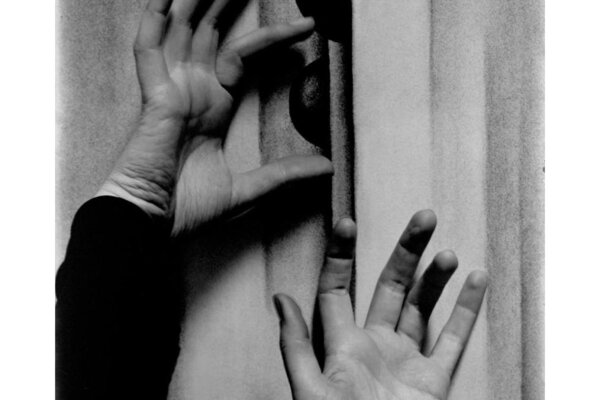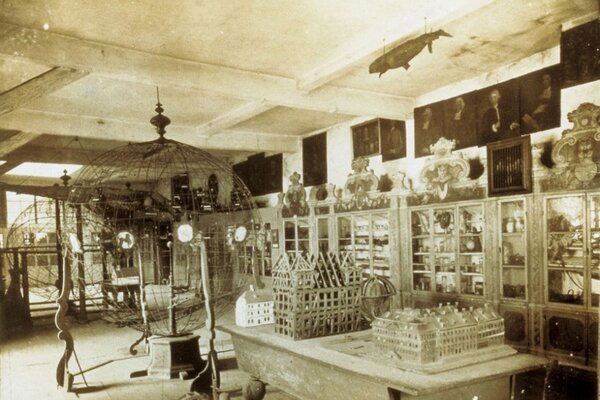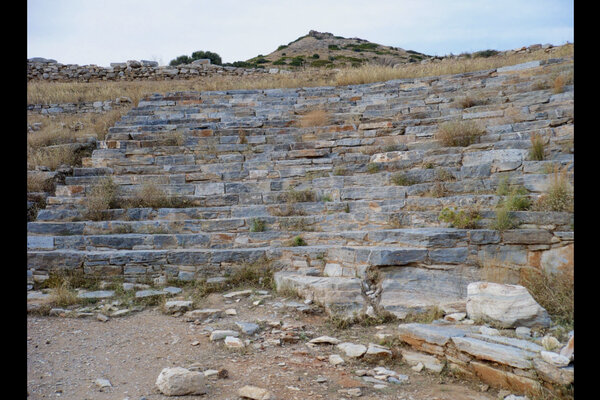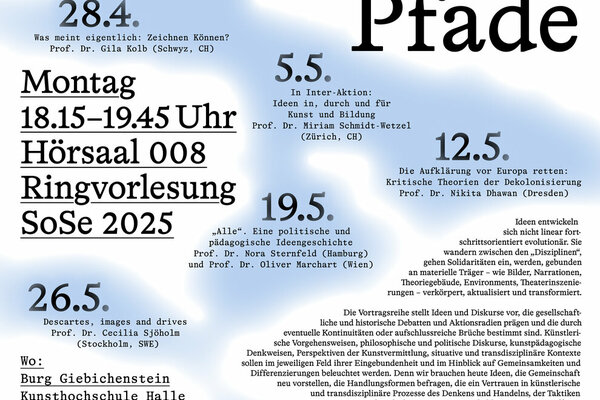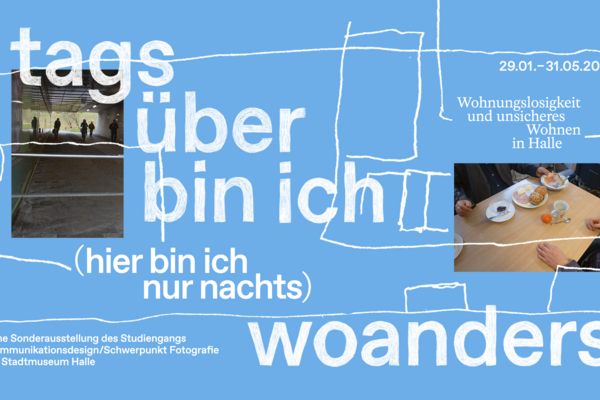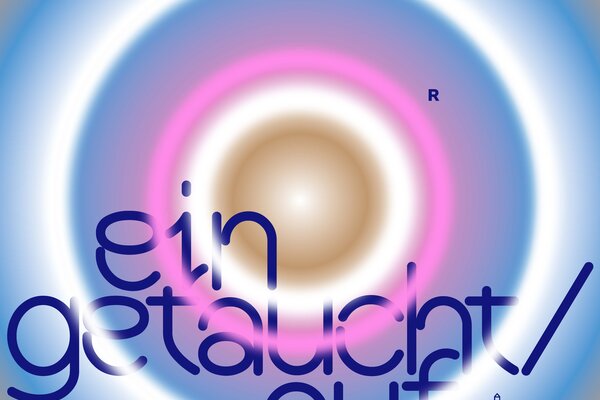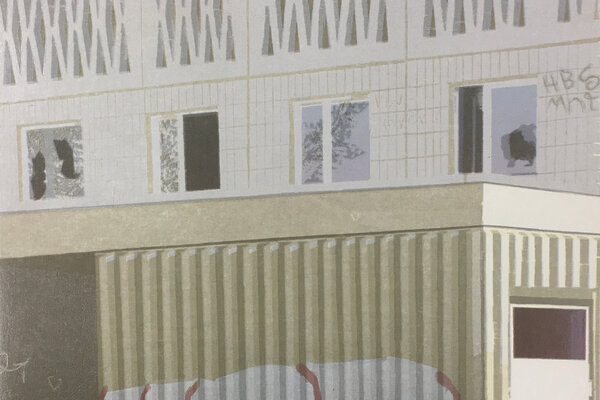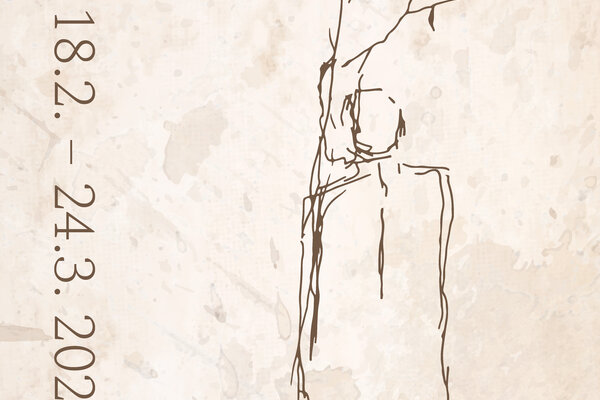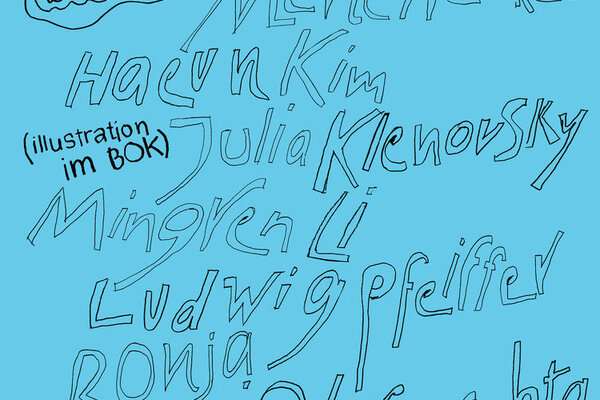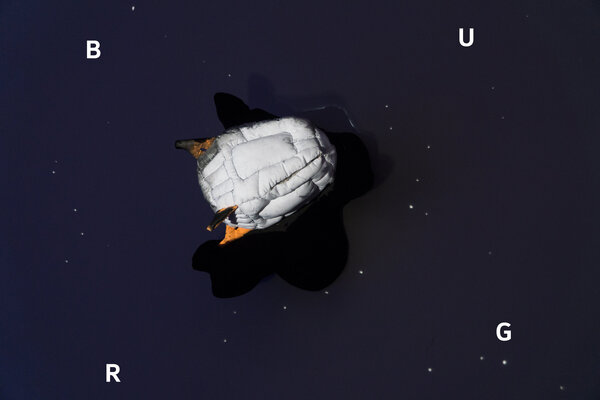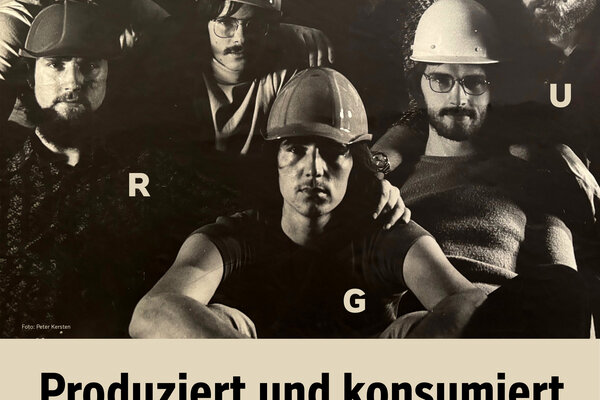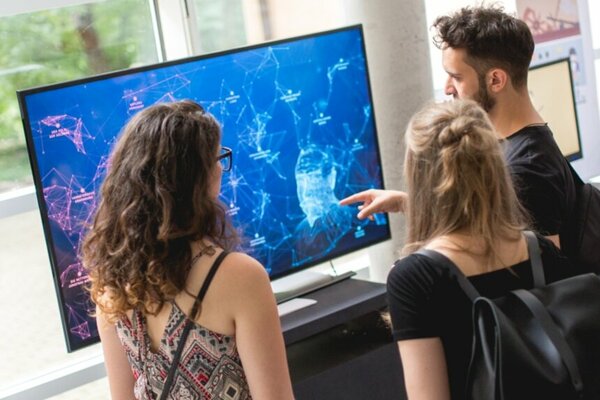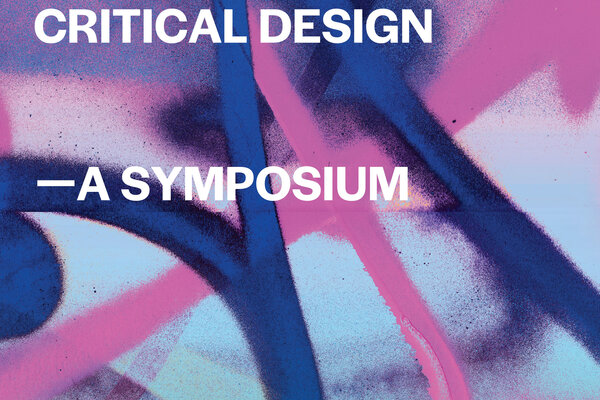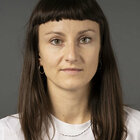Philosophy and art share a common stance: both respond to what ferments within their time, to what strives for form and thus seeks to be shared. Philosophy in the element of the concept, art in the element of the sensible—both work toward articulating something to be exposed between us, something that is to remain open to experience. In this sense, they are a practice that is responsible to the world, for the world.
The commonality, that western philosophy once called the Good, the Beautiful, and the True is not a commonality if it is fixed or taken as given. Philosophy does not hand down instructions. Instead, it unsettles what seems self-evident and leads to the point where established categories of thought become fluid and alive in the here and now. It shifts the very hardware of our thinking—and this shift opens another way of experiencing the present.
Today, the autonomous subject of modernity is disintegrating under transhumanist conditions. The world is proving to be fragile in many ways: climate catastrophe, violence, wars. The old is breaking apart; the new has not yet arrived. It is the time of monsters, as Antonio Gramsci wrote a century ago, when dead schemas rise up in authoritarian manner. This makes "thinking without a bannister," as Hannah Arendt called it, all the more urgent – a way of thinking that does not get stuck in old categories but dares to engage with the transformations of the present through a dialogue with the history of philosophy.
In this sense, philosophy, with a focus on art philosophy and cultural theory, contributes to teaching and research at the University of Art and Design Burg Giebichenstein. It accompanies students of all disciplines in their artistic and theoretical explorations across every stage of study. The Philosophy Section offers seminars and lectures, supervises diploma and state examination projects, and – together with art history and art education – forms a core discipline of the Master’s program in Kunstwissenschaften. In addition, it offers the possibility of pursuing doctoral degree (wissenschaftliche Promotion) in Philosophy. The Philosophy Colloquium provides an open forum for exchange across all formats.
Prof. Dr. Marita Tatari

